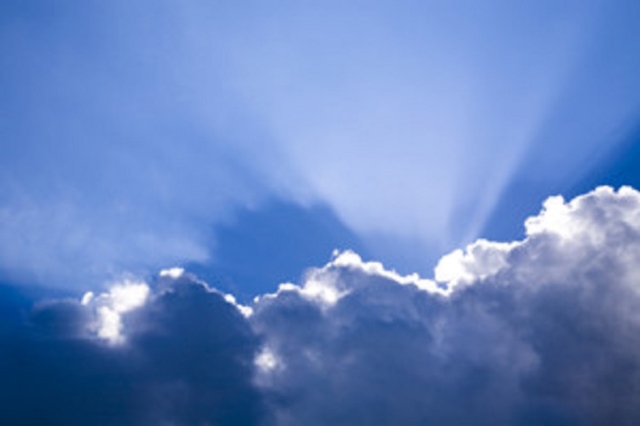Study finds millennials more racially, ethnically diverse than prior generations

The twenty-first century isn’t short on distinctions. It’s a new era, propelled by innovation and sustained by unprecedented connectivity.
But two specific trends tend to stand out among the rest (at least if headlines are to be believed): The growth of both secularism and diversity.
As a recent study from the Pew Research Center found, “millennials remain far more likely to identify as religious ‘nones'” than older generations. Another study found that “large-scale immigration from Asia and Latin America, the rise of racial intermarriage, and differences in fertility patterns across racial and ethnic groups have contributed to millennials being more racially and ethnically diverse than prior generations.”
But what about diversity within religion? As many hopeful commentators have argued, the decline in religiosity may have something to do with millennials feeling a chasm between their values and that of organized religion. If churches sought to reflect the cultural diversity that millennials have come accustomed to, they argue, maybe young Americans would be more interested in religion.
As a new visualization of data from Pew’s 2014 Religious Landscape Study shows, when it comes to reflecting the racial diversity of the millennial generation, most religions are lacking.
Pew took a deep look at the ethnic makeup of all the major religions, and only four have a truly diverse makeup: Seventh-day Adventists, Muslims, Jehovah’s Witnesses and Buddhists.
Pew’s assessment was based on how close each religion came to having an equal division among the ethnicities. If each ethnicity made up 20 percent of the religion’s adherents, that religion would receive a perfect score of 10. As the chart above shows, the religion that comes closest is the Seventh-day Adventists.












